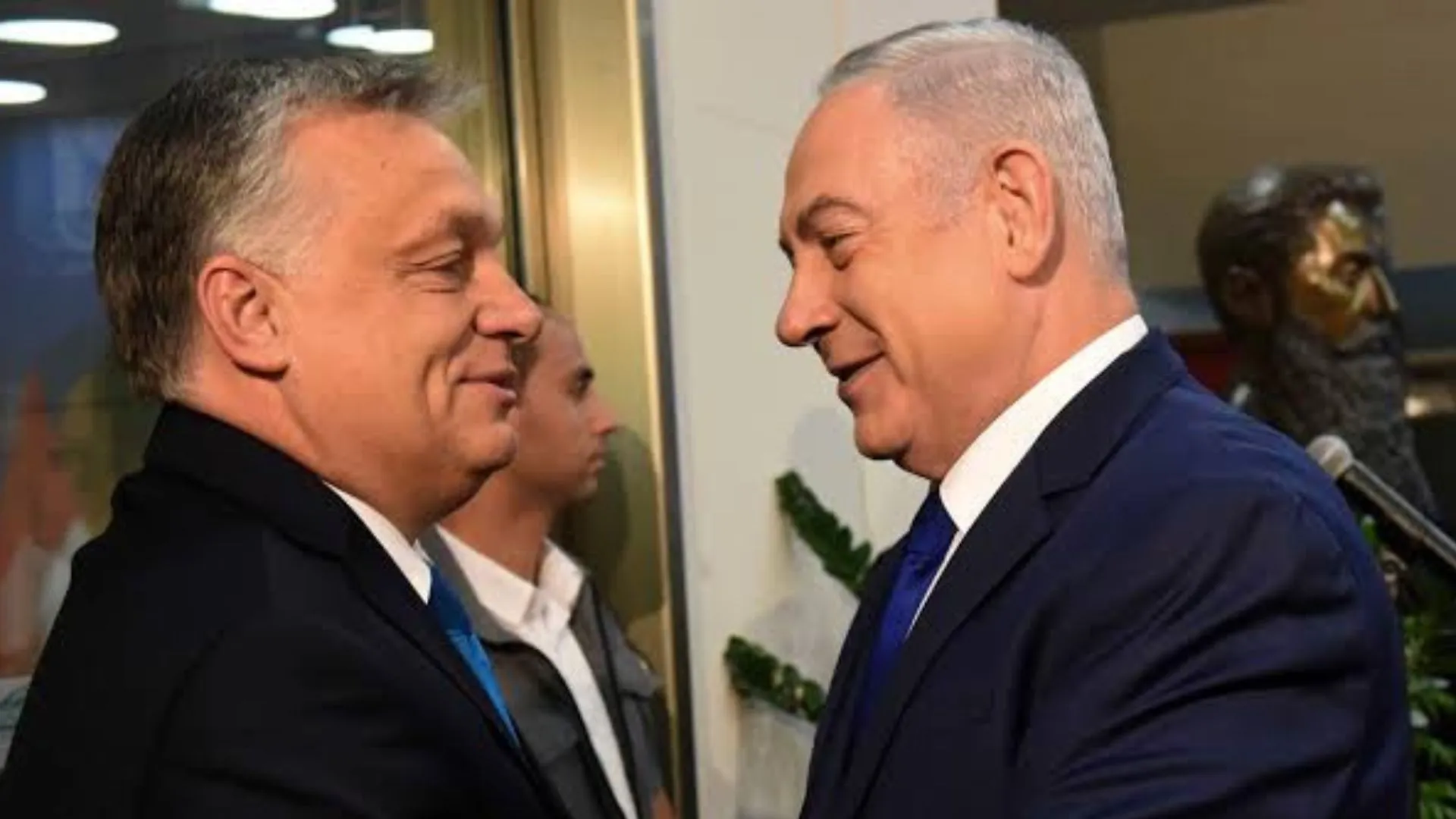Israeli Prime Minister Benjamin Netanyahu is set to visit Hungary from April 2 to April 6, defying an International Criminal Court (ICC) arrest warrant issued against him over alleged war crimes in Gaza. This trip marks Netanyahu’s second foreign visit since the ICC’s decision in November 2023, following his February meeting with U.S. President Donald Trump in Washington.
The visit highlights Netanyahu’s growing diplomatic alliances with countries that have rejected the ICC’s ruling. Hungary’s Prime Minister Viktor Orban extended an invitation to Netanyahu last year, signaling unwavering support for the Israeli leader despite international pressure.
Defying the ICC Warrant
The ICC issued arrest warrants for Netanyahu and former Israeli Defense Minister Yoav Gallant in late 2023, accusing them of crimes against humanity and war crimes. These include allegations of using starvation as a weapon during Israel’s military operations in Gaza, following Hamas’ October 7, 2023, attack on Israel.
Despite Hungary being a signatory of the Rome Statute, the treaty that established the ICC, Budapest has long refused to implement its rulings, citing constitutional concerns. As a result, Hungary has made it clear that it will not act on the arrest warrant, allowing Netanyahu to visit freely.
In contrast, other European nations such as Austria and Slovenia have indicated they would enforce the ICC’s warrant if Netanyahu were to enter their jurisdiction. Poland, while not outright rejecting the ICC’s authority, has suggested it would explore legal options to protect Netanyahu from arrest should he visit.
Beyond defying the ICC, Netanyahu’s visit to Hungary is expected to serve a broader strategic purpose.
According to Israeli sources, Netanyahu is seeking international backing for Trump’s controversial Gaza rehabilitation plan, which envisions relocating Gaza’s population to other countries, a U.S.-led reconstruction effort to transform Gaza into a Mediterranean resort-style economy, and a significant reduction of Hamas’ influence, with Israel assuming a major security role in the region.
The plan has faced strong opposition from Palestinian leaders, Arab states, and much of the international community, who view it as an attempt to forcibly displace Palestinians rather than rebuild Gaza. However, Netanyahu is working to secure diplomatic support for the initiative, and Hungary could play a key role in this effort.
The proposal has faced strong opposition from Palestinian leaders, Arab states, and much of the international community, who view it as an attempt to forcefully displace Palestinians rather than rebuild Gaza. Netanyahu, however, is actively courting allies to support the plan, and Hungary, a longtime supporter of Israel in European diplomatic circles, could become a key partner in pushing the initiative forward.
Orban-Netanyahu Alliance
Netanyahu and Orban have enjoyed a close political relationship for years, with Orban often aligning himself with Israel against EU policies critical of Israeli actions. In November 2023, just one day after the ICC issued its arrest warrant, Orban denounced the decision as “shameful” and extended an official invitation to Netanyahu, signaling his government’s unwillingness to comply with the court’s ruling.
Hungary’s refusal to act on the ICC warrant is consistent with its broader stance on EU legal frameworks and international governance, where Orban has frequently clashed with Brussels over democracy, human rights, and migration policies. His administration has also maintained strong ties with other leaders facing international scrutiny, such as Russia’s Vladimir Putin and China’s Xi Jinping.
While the ICC arrest warrant theoretically obligates its signatories to detain Netanyahu, its enforcement depends entirely on the cooperation of member states. Israel and the United States are not members of the ICC, making direct enforcement difficult. However, Netanyahu’s movements within ICC member states remain restricted, as some European nations have made it clear they will act on the warrant.
This legal uncertainty has already impacted Netanyahu’s travel logistics. Reports suggest that during his February visit to Washington, Netanyahu’s flight path was altered to avoid airspace over countries that might enforce the warrant.
ALSO READ: Iran Rejects Direct Nuclear Talks With US, After Trump Warns, ‘There Will Be Bombing’























